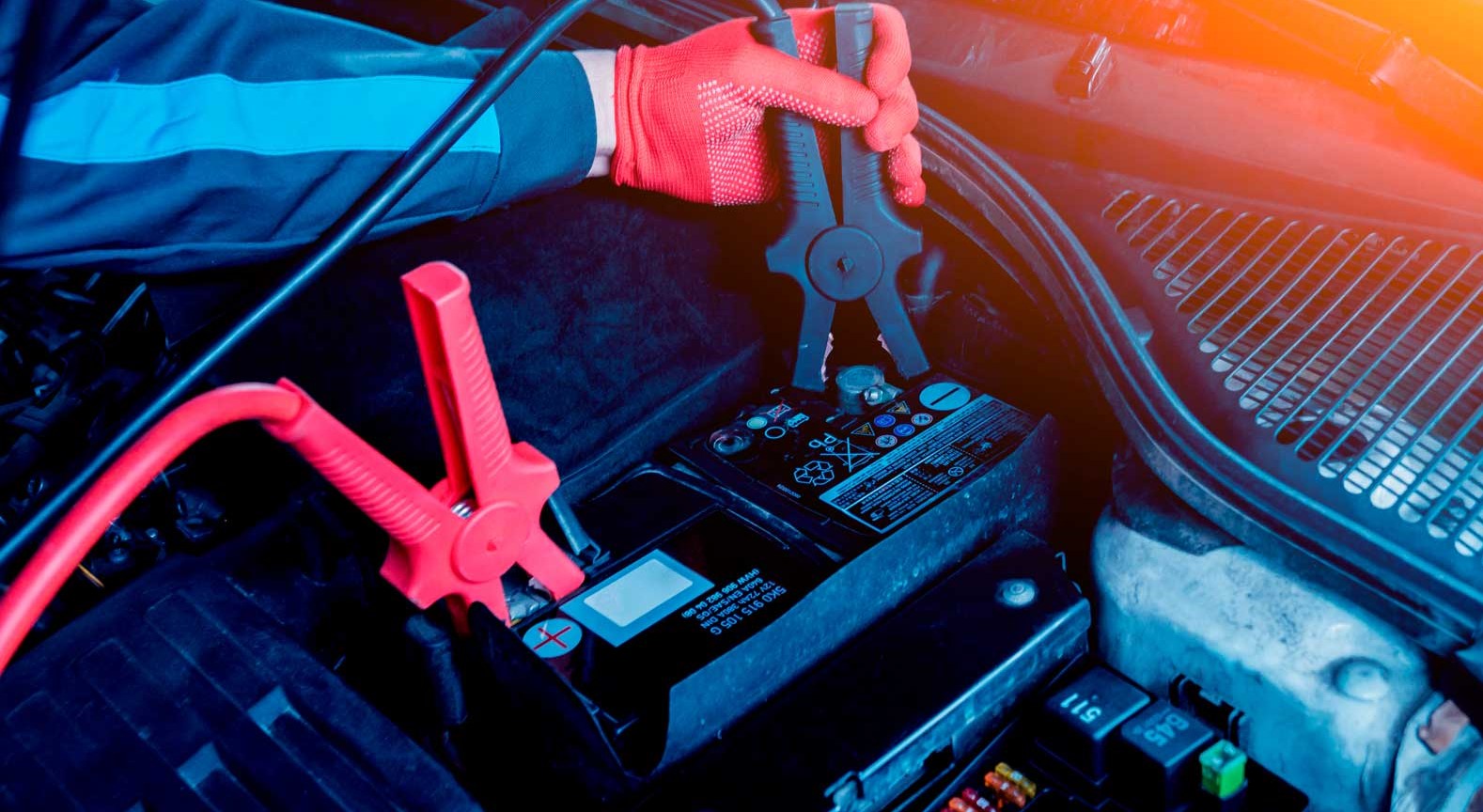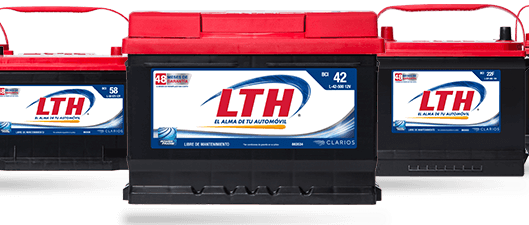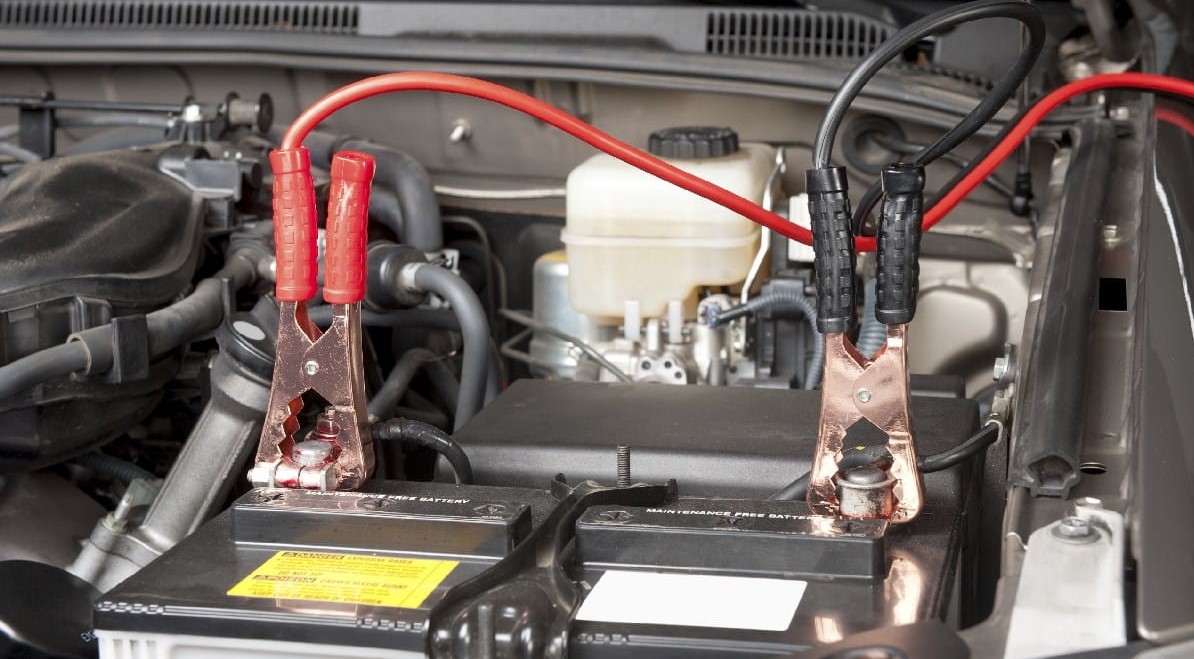
Until my car stopped starting, the questions began immediately to know what battery I should ask for my car, in this article we try to dispel as many doubts as possible. Car batteries are your vehicle’s vital heartbeat, providing the energy needed to start the engine and power electrical systems. Selecting the right battery and taking care of it properly is essential to keeping your car moving smoothly. Here’s a complete guide to car batteries, from compatibility to recycling.
Crucial compatibility? Choosing the Right Battery for Your Vehicle
Before we dive into the brands and battery life, it’s critical to understand how to choose the right battery for your car. Consulting the owner’s manual is the first step. “Compatibility” lies in considering the size, capacity, and CCA (Cold Start Current) specifications recommended for your vehicle.

Top Brands: Trust and Performance
In the universe of car batteries, certain brands stand out for their reliability and performance. Brands such as “Optima”, “DieHard” and “ACDelco” have established their reputation in the market. However, preferences may vary depending on region and individual needs.
Average Price: Investment in Mobility
The “average price” of a car battery varies by brand, type, and capacity. In general, you can expect to spend between $1,700 and $3,400 on a replacement battery. Although it may seem like an expense, consider this an investment in the reliable mobility of your vehicle.

Longevity: How Long Your Battery Will Last
The “life” of a car battery generally ranges from 3 to 5 years. However, several factors can influence this, such as weather, battery quality, and vehicle usage. Proper maintenance can extend its lifespan.
Maximizing Duration: Essential Care
To “extend the life” of your battery, avoid leaving lights on or electrical systems activated when the engine is off. Driving your car regularly also helps maintain battery power. If you don’t use it for a long time, disconnecting the battery or using a battery charger can be beneficial.
Preventive Maintenance: Care Required
The “maintenance” of a battery is not complicated. Keep terminals clean and corrosion-free, use distilled water to refill levels if necessary, and check tension periodically. This will ensure a constant flow of energy and optimal performance.

Battery at Standby: Taking Care of Latent Energy
If you have a vehicle that you don’t use often, such as a weekend classic, it’s crucial to take care of its battery. Unplugging it or using a “charge maintainer” can prevent excessive discharge and keep the battery in good condition for when you decide to drive it again.
Charge Cycles: Managing Energy Wisely
Car batteries experience “charge cycles” every time they are used. Avoid discharging it completely before recharging, as this can shorten its lifespan. Instead, try to recharge it before it reaches low levels to maintain battery health.

Warning Signs: Detecting Problems
Identifying if your car’s battery is “failing” is crucial to avoid getting stranded. Watch for signs such as dim lights, difficulty starting the engine, and slow starts. If you experience any of these issues, you may need a new battery.
Used Batteries: Recycling and Residual Value
When it’s time to replace your battery, don’t discard it. Car batteries contain toxic materials that must be handled properly. Many auto shops and parts stores accept used batteries for recycling and often offer “value” for them.

Beyond the Engine: New Lives for Used Batteries
Used car batteries can still have a purpose after their life in your vehicle. Some batteries are reconditioned and resold, while others are used in energy storage systems in homes or solar installations. Responsible recycling contributes to environmental sustainability.
In short, car batteries are vital components that require proper attention and care to ensure reliable and long-term performance. Choosing the right battery, maintaining it correctly, and watching for signs of failure are essential steps in caring for your vehicle. And remember, when it’s time to change your battery, opt for responsible recycling to contribute to the well-being of the planet.
For more articles like this, click here









